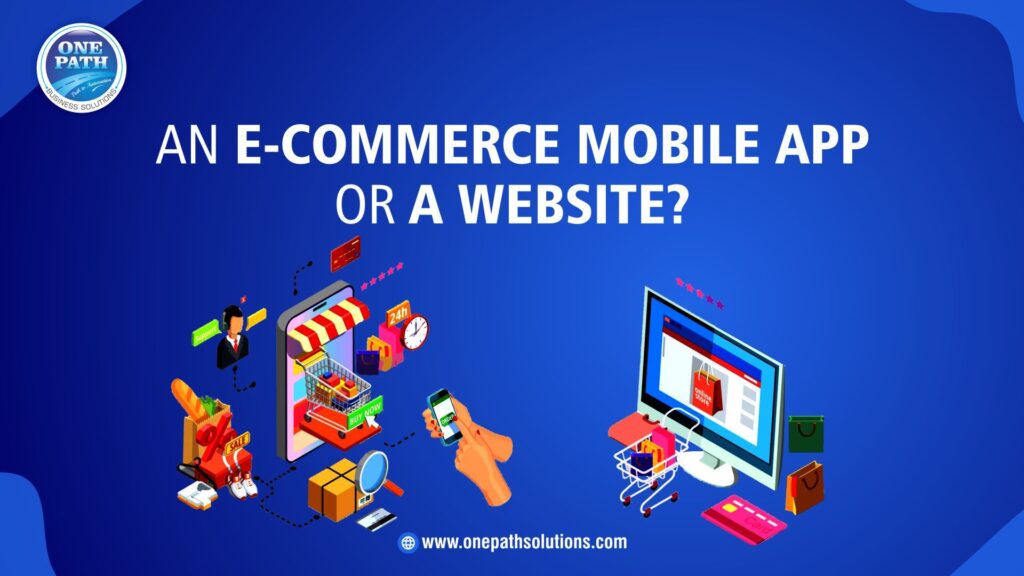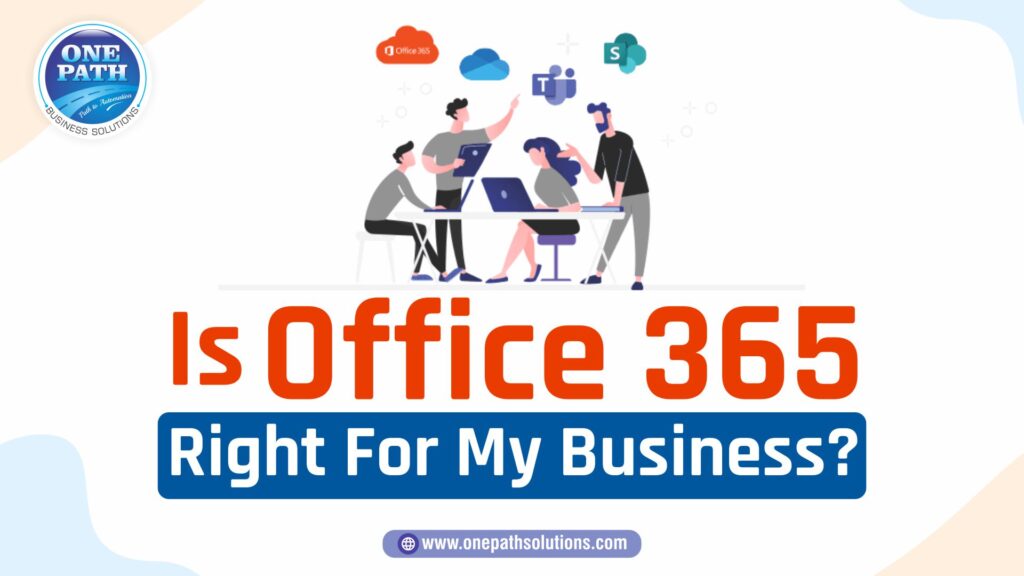An e-Commerce mobile app or A website?
The world of e-Commerce is still expanding quickly as 2023 approaches. Today’s companies need to have a powerful internet presence in order to be successful. With the popularity of cellphones growing, businesses are increasingly using mobile apps to market their goods and services to consumers. But the issue still stands: in 2023, is a website or an e-Commerce smartphone app a superior solution? To assist you in making an informed choice for your company, we’ll examine the benefits and drawbacks of both choices in this blog.
Let’s begin with e-Commerce smartphone applications. e-Commerce mobile apps have become a common option for companies as the number of smartphone consumers grows. Customers benefit from a more personalized purchasing experience when they use mobile applications. Businesses that have an e-Commerce smartphone app can send push alerts, give deals, and have quicker checkout procedures. Furthermore, mobile applications give companies access to features like a camera, GPS, and microphone, which can be used to enhance the shopping experience.
However, creating a smartphone app can be expensive and time-consuming. A user-friendly and engaging app necessitates the collaboration of a team of engineers and artists. Furthermore, mobile applications require ongoing updates and maintenance to guarantee proper operation across a variety of platforms and running systems.
e-Commerce platforms, on the other hand, have long been a popular option for companies. Websites have a wider reach because they can be viewed from desktop computers, laptop computers, and cellphones. e-Commerce websites are now more available on mobile platforms thanks to the increase of mobile-responsive designs. Furthermore, websites are less difficult and less expensive to create than mobile applications.
Websites, on the other hand, may lack some of the features provided by smartphone applications, such as push alerts and camera access. Furthermore, websites may have lengthy purchasing procedures, resulting in cart abandonment, which can harm sales.
So, which is the best option for your company? It all relies on your company’s needs and objectives. It may be a good option if you want to provide a more customized purchasing experience, reach a younger audience, and have the money and resources to create and manage a mobile app. A website, on the other hand, may be the way to go if you want to reach a bigger audience, have a more cost-effective choice, and still provide a seamless shopping experience.
Finally, both e-Commerce smartphone applications and webpages have advantages and disadvantages. Before deciding which choice is best for you, consider your company’s requirements and objectives, as well as your budget and resources. The most essential thing, at the end of the day, is to provide a seamless and engaging purchasing experience for your clients, whether through a mobile app, website, or both.




